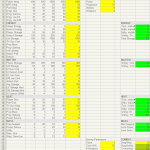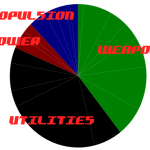
Balance is one of the most important determining factors behind the “fun” of a game. Games that are balanced just right tend to create situations that keep you on your toes and allow you to barely scrape by, while also ensuring that you don’t feel outnumbered and helpless (or completely unstoppable) every step of the […]




